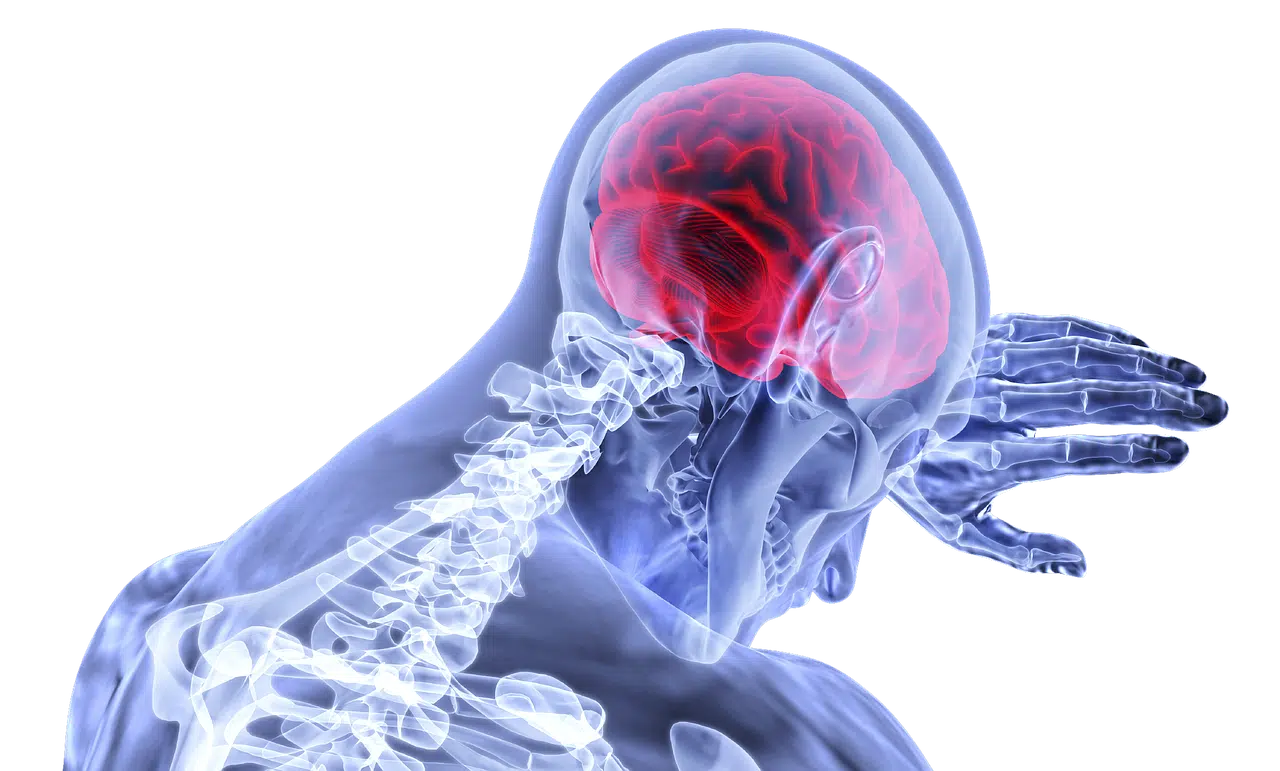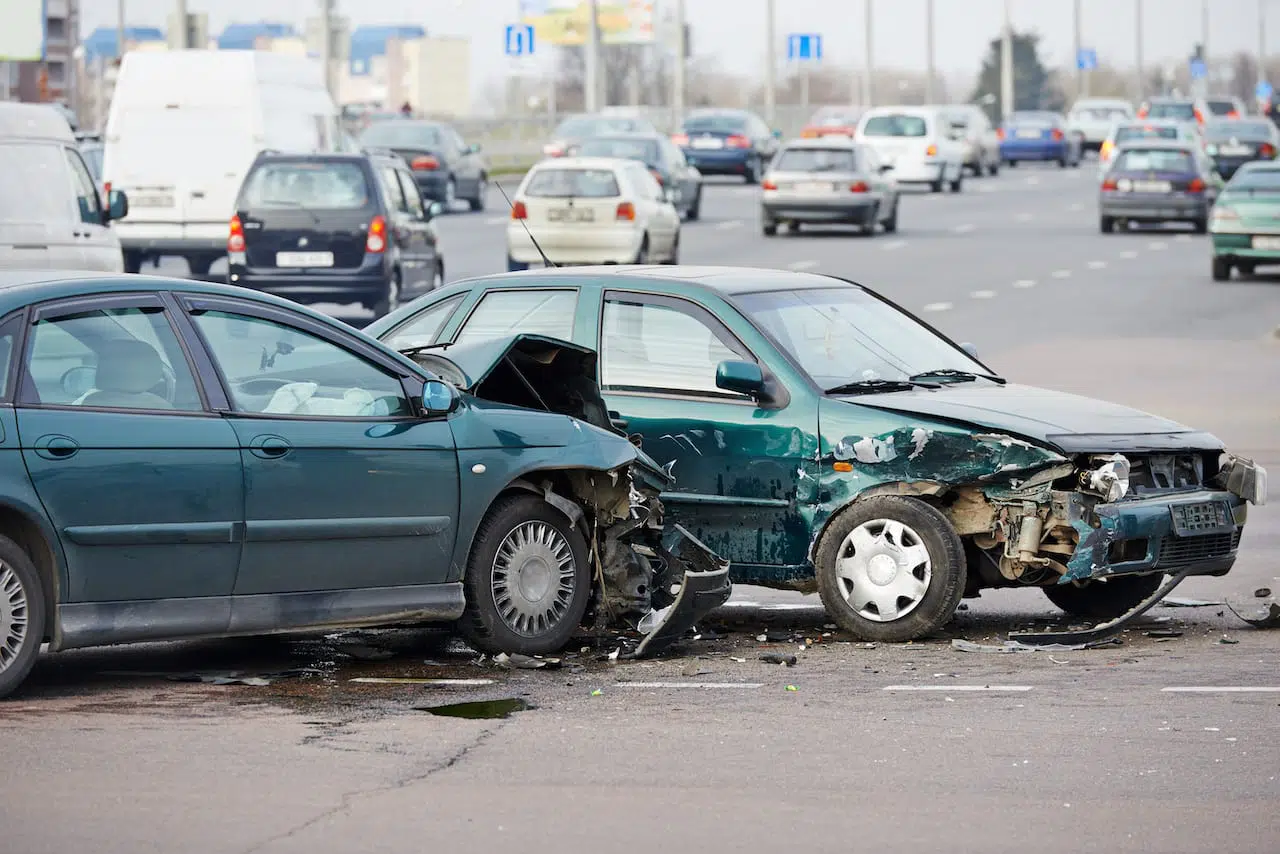Can a Car Accident Cause a Stroke?

When most people think of accident-related injuries, they think of things like broken bones, lacerations, and bruises. Strokes do not typically come to mind. Can a car accident cause a stroke? The shock or stress of the incident itself is unlikely to cause one, but injuries suffered in a wreck can definitely be a contributing factor.
It is difficult to identify an auto accident as the trigger for a stroke because it rarely happens right away. Most trauma-related strokes don’t happen for weeks, or even months, after the incident. Because of the delay, it can be hard to prove that a stroke resulted from a crash. And like conditions such as sciatica or tinnitus, strokes can happen randomly or because of other medical conditions.
A stroke is a serious condition with long-term implications and costs. If you have suffered a stroke after a car accident that was not your fault, you may be entitled to compensation. St Louis car accident attorney can review your case and help you file a claim to aid in your recovery.
Strokes and Traumatic Head and Neck Injuries
A stroke is a condition where blood can’t get to the brain because of a blocked or burst blood vessel. There are different types:

- A stroke caused by a blockage or clot in a blood vessel to the brain is called an ischemic stroke.
- A burst or ruptured vessel is a hemorrhagic stroke.
- A transient ischemic attack, or TIA (sometimes called a mini-stroke) is caused by a temporary clot.
All strokes have the same result: when the blood flow to the brain is interrupted, brain cells are deprived of oxygen. Eventually, those brain cells start to die. Strokes can cause severe disabilities and even death.
Strokes have many possible causes. Risk factors include high blood pressure or cholesterol, diabetes, and heart disease. Smoking, diet, and inactivity can increase the likelihood of a stroke. But strokes can also happen because of trauma to the head or neck. Concussions, skull fractures, or whiplash can increase the risk of a stroke, especially in people under the age of 50. Many serious car accidents result in traumatic brain injuries or damage to the neck or spine.
So can a car accident cause a stroke? It’s rare that it would happen immediately, but a car accident can injure you and leave you vulnerable to having a stroke in the near future.
Recognizing Stroke Symptoms
Because car accident injuries can create conditions in the brain that make strokes possible, it is best to be on the lookout for symptoms in the weeks and months following a crash. Stroke symptoms are sometimes hard to recognize, whether they are the result of a crash brain injury or some other cause.
Sudden numbness, confusion, trouble seeing or speaking, and a severe headache are all possible symptoms of a stroke. They are not always immediately obvious to the victim or those around them. The American Stroke Association uses the acronym F.A.S.T. to help people recognize and react to the signs of a stroke. If the person shows any of these signs, act quickly to get help.
- F—Face Drooping. Is the person’s face numb or drooping? Ask them to smile. A lopsided smile could indicate a stroke.
- A—Arm Weakness. Is one arm weaker than the other? Ask the person to lift both arms. If they can’t or if one drifts downward, they may be having a stroke.
- S—Speech. A stroke may be indicated if the person can’t talk or if speech is slurred. Ask them to repeat a simple sentence.
- T—Time to Call 9-1-1. If any of these symptoms are present, call 9-1-1 right away and get them to a hospital.
Time is of the essence when dealing with a stroke. If victims get immediate help, there is a greater chance of recovery. The longer the brain cells are without oxygen, the more chance for severe, permanent damage. According to the American Stroke Association, strokes are a leading cause of disability and the fifth most common cause of death in the United States.
Life After a Stroke
Care for a stroke can be costly. Medical bills will add up for the emergency room, doctors, a hospital stay and perhaps an ambulance. There will be medication and treatment at the time of the stroke. Afterward, there will be follow-up visits and rehabilitation that might include physical and occupational therapy.
Roughly 10% of stroke victims recover almost completely. At the other end of the spectrum, about 10% end up needing long-term care in a nursing home or other facility. People in between those two extremes may have a range of results from a few minor impairments that are barely noticeable, to more serious disabilities that affect their day-to-day lives.
Ongoing effects of a stroke vary from person to person depending on the severity of the stroke, the area of the brain where it occurred, and the amount of time the brain went without oxygen. Some common outcomes are:
- Paralysis or loss of muscle movement
- Lack of coordination and balance
- Difficulty talking or swallowing
- Loss of memory or inability to reason
- Loss of bladder or bowel control
Some of these conditions may get better with time and therapy, but some could be permanent. The victim may be unable to resume their normal routines. On top of the expenses of getting treatment, they may also be unable to go back to work. In the worst cases, they may need costly in-home healthcare or to move to an assisted living facility.
If the stroke was the result of a brain injury caused by a car accident, it is wise to consult with a car accident lawyer in Belleville. When an accident is someone else’s fault, that person should be held responsible for the injuries they caused. Victims deserve to get full and fair compensation when a car accident causes a stroke. This can include reimbursement for medical bills, ongoing rehabilitation, nursing home care, and lost wages, as well as punitive damages for pain and suffering.
Proving the Stroke/Accident Connection
It can be tricky to prove that an accident caused a stroke since strokes happen to people who have not been in accidents, too. There are cases where the cause and effect are more obvious. For example, when an otherwise healthy person under the age of 50 suffers a stroke within a few weeks of a serious car accident, it’s easier to see the link.
Follow our guidelines of What to Do After Your Car Accident, including keeping a detailed record of the incident and any medical details immediately following an accident. All doctor notes and treatment records can help establish the link between the head trauma and the stroke.
Most insurance companies will initially deny a victim’s claim. Hiring a car accident attorney can help you navigate the process of proving your injuries and getting you the proper compensation. Because a stroke won’t typically happen immediately following an accident, it is also important to think about statutes of limitation. These statutes vary depending on whether the wreck happened in Missouri or Illinois. This could impact your ability to file a claim or sue a negligent driver.
As the victim of a car accident, you may feel that the injuries you suffered were not severe. But if your head or neck was hurt, it is important to be on the lookout for symptoms like those of a stroke that can surface later on. Strokes can be serious, life-altering incidents that can greatly impact your future. If an accident was the cause, you deserve to be compensated.
Category:
Tags:
auto accident, auto accident injury, car accident, car accident settlements, stroke
